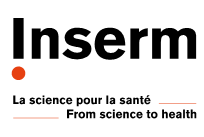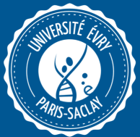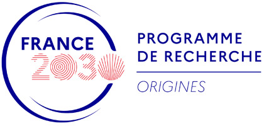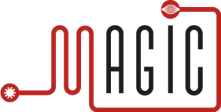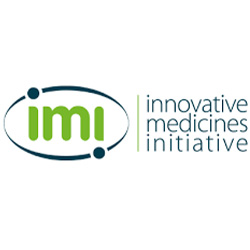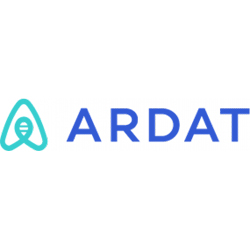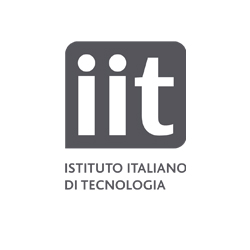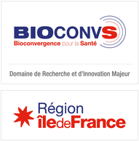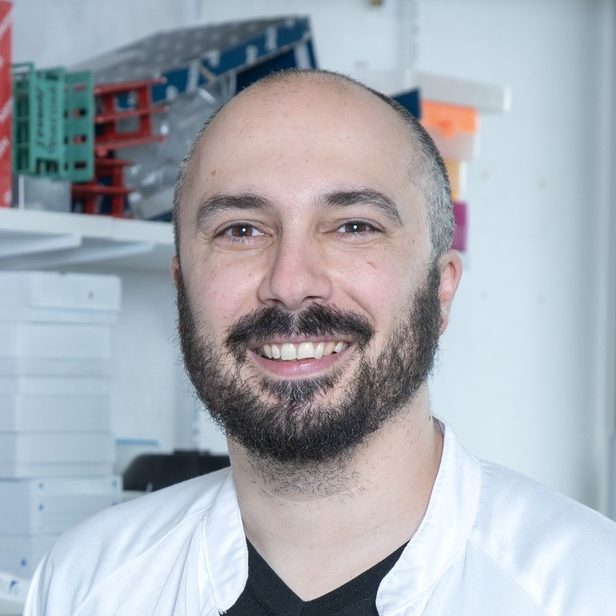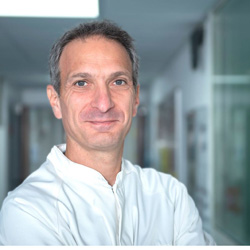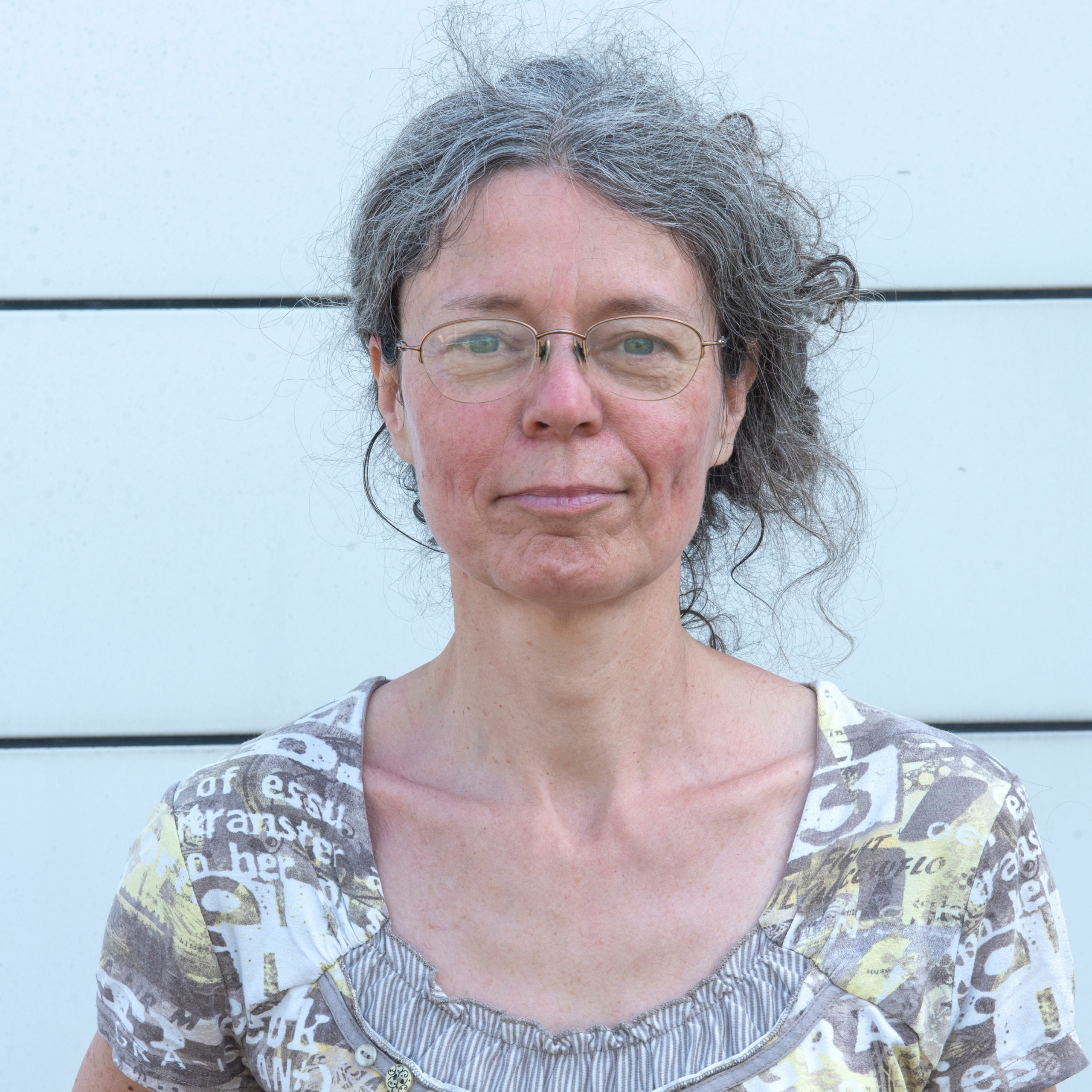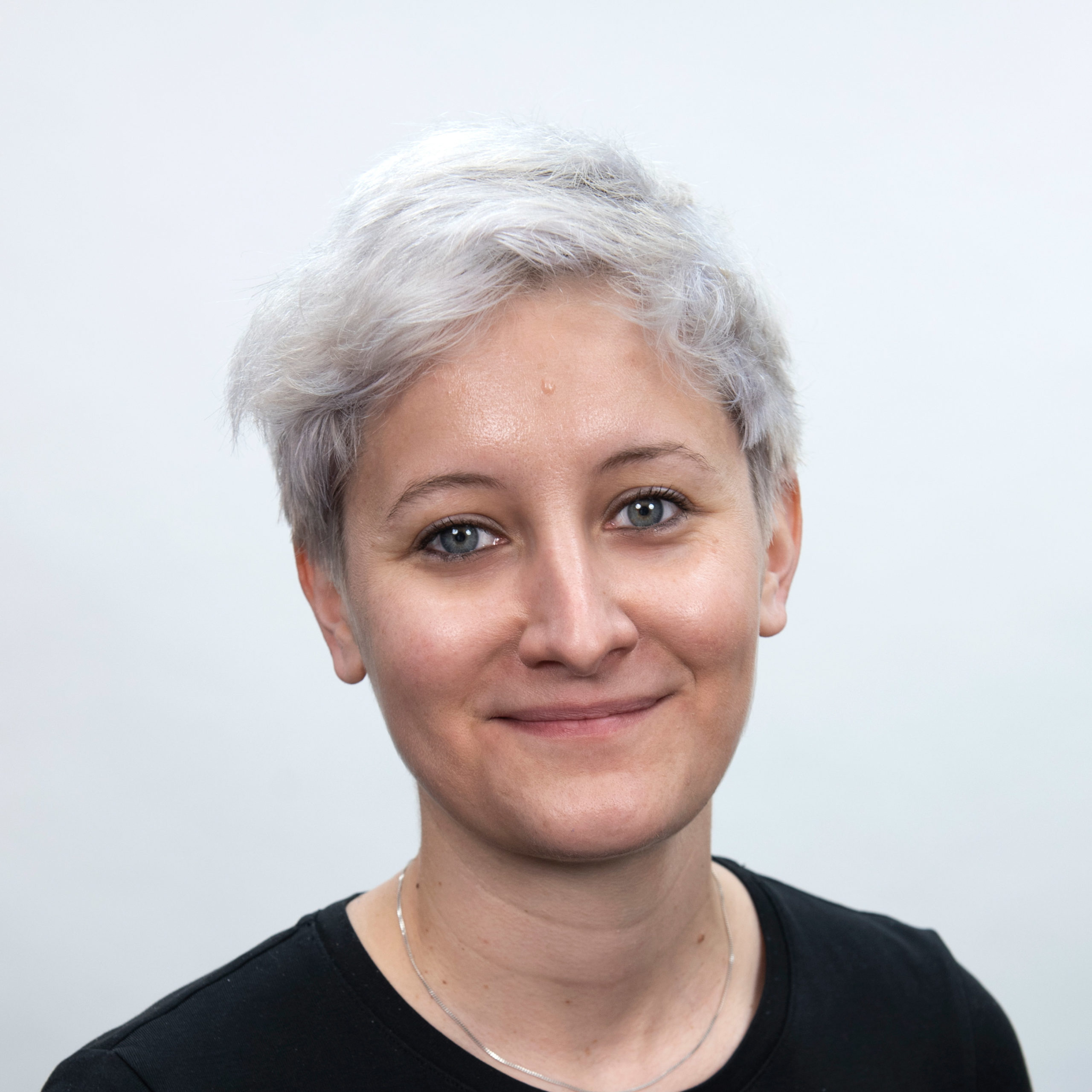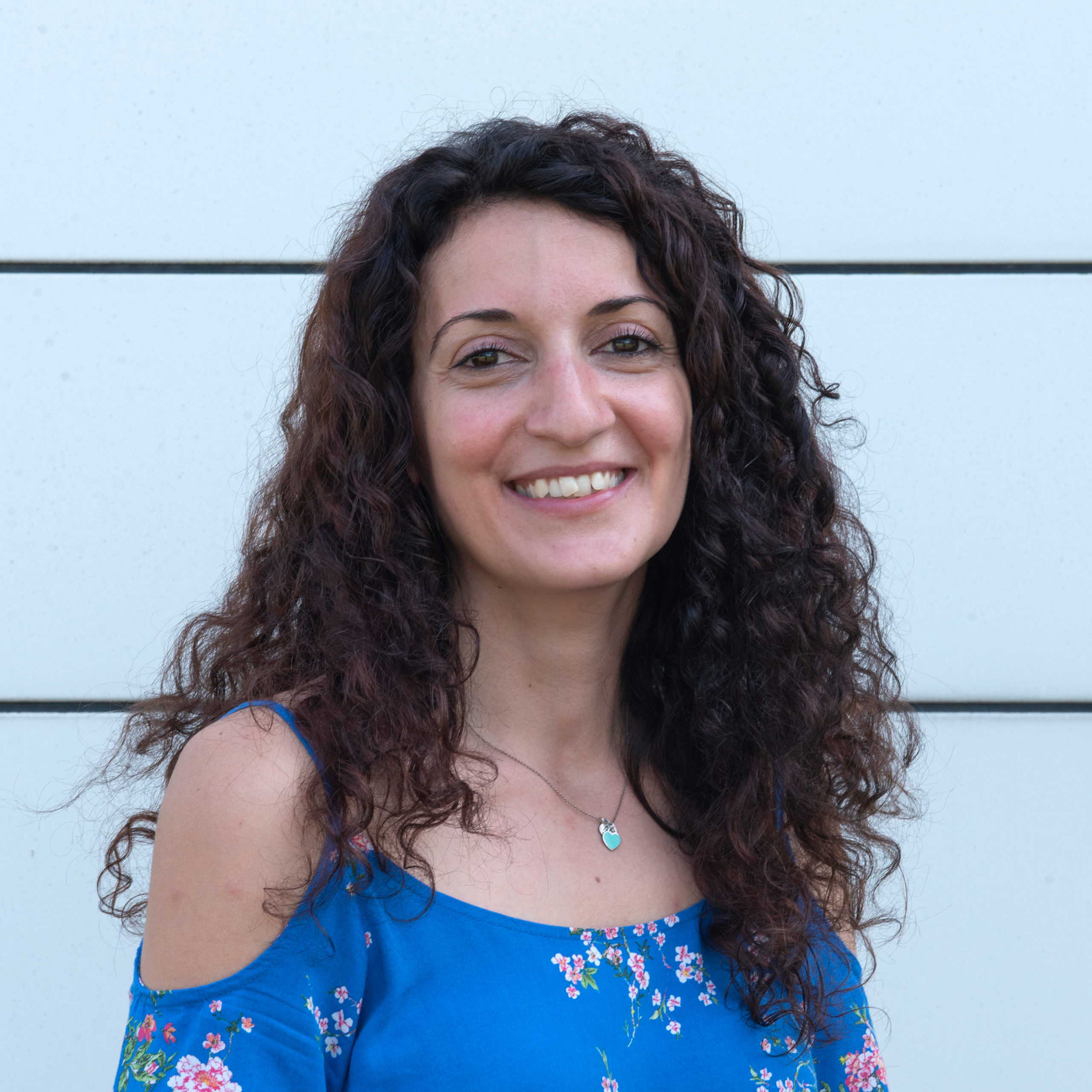The team uses its technical and scientific expertise in vectorology, cell biology and immunology to offer innovative therapeutic solutions to patients with rare hereditary metabolic diseases. His work ranges from proof of concept to clinical trials.
The team’s researchers
-
Expertise: immunology, metabolic diseases, AAV gene therapy
-
Expertise: immunology, immunotherapy, vectorology
-
Expertise: immunology, ocular gene therapy
-
Expertise: immunology, virology, biochesmistry
-
Expertise: metabolic diseases, AAV gene therapy
-
Expertise: AAV gene therapy, vector optimization, capsid ingeneering
The team’s projects
The team is working on 3 aspects
- AAV adeno-associated vectors, a mature technology that can still be improved. The team is focused on developing a new generation of AAV vectors with increased specificity in order to better target tissues and to have fewer side effects related to the toxicity or immunogenicity of the vector.
- The liver, the body’s production plant for gene therapy. The aim is to provide long-lasting therapies based on gene transfer into hepatocytes. Vectors are being developed for indications such as Crigler-Najjar syndrome or liver and muscle glycogenosis such as Pompe disease or Cori disease. A partner of transnational networks, the team works with several European laboratories and clinical centers, in close collaboration with patient associations. A multi-center phase I/II clinical trial has recently been initiated for the treatment of Crigler-Najjar syndrome.
- The immune system, an essential ally that must be mastered. The IMF team is working to better characterize what activates the immune system and to optimize AAV vectors and immunomodulatory co-treatments to better control these deleterious immune responses.
Among the team’s recent publications, a new therapeutic strategy for Pompe disease and the use of a peptidase to reduce anti-capsid antibody levels and allow readministration of AAV vector.
Recent publications
- F. Puzzo, P. Colella, M. G. Biferi, D. Bali, N. K. Paulk, P. Vidal, F. Collaud, M. Simon-Sola, S. Charles, R. Hardet, C. Leborgne, A. Meliani, M. Cohen-Tannoudji, S. Astord, B. Gjata, P. Sellier, L. van Wittenberghe, A. Vignaud, F. Boisgerault, M. Barkats, P. Laforet, M. A. Kay, D. D. Koeberl, G. Ronzitti, F. Mingozzi. Rescue of Pompe disease in mice by AAV-mediated liver delivery of secretable acid α-glucosidase. Science Translational Medicine, 2017 Nov 29;9(418).
- P. Vidal, S. Pagliarani, P. Colella, H. Costa Verdera, L. Jauze, M. Gjorgjieva, F. Puzzo, S. Marmier, F. Collaud, M. Simon Sola, S. Charles, S. Lucchiari, L. van Wittenberghe, A. Vignaud, B. Gjata, P. Laforet, E. Malfatti, G. Mithieux, F. Rajas, G. P. Comi, G. Ronzitti, F. Mingozzi. Rescue of GSDIII phenotype with gene transfer requires liver- and muscle- targeted GDE expression. Molecular Therapy 2018 Mar 7;26(3):890-901.
- J. Poupiot, H. Costa Verdera, R. Hardet, P. Colella, F. Collaud, L. Bartolo, J. Davoust, P. Sanatine, F. Mingozzi, I. Richard and G. Ronzitti. Role of Regulatory T Cell and Effector T Cell Exhaustion in Liver-Mediated Transgene Tolerance in Muscle. Mol Ther Methods Clin Dev. 2019 Sep 3;15:83-100.
- C. Leborgne, E. Barbon, J.M. Alexander, H. Hanby, S. Delignat, D. Cohen, F. Collaud, S. Muraleetharan, D. Lupo, J. Silverberg, K. Huang, L. Van Wittengerghe, B. Marolleau, A. Miranda, A. Fabiano, V. Daventure, H. Beck, X.M. Anguela, G. Ronzitti, S.M. Armour, S. Lacroix-Desmazes, F. Mingozzi. IgG-cleaving endopeptidase enables in vivo gene therapy in the presence of anti-AAV neutralizing antibodies. Nature Medicine. 2020 Jul;26(7):1096-1101.
- Evnouchidou I, Chappert P, Benadda S, Zucchetti A, Weimershaus M, Bens M, Caillens V, Koumantou D, Lotersztajn S, van Endert P, Davoust J, Guermonprez P, Hivroz C, Gross DA, Saveanu L., IRAP-dependent endosomal T cell receptor signalling is essential for T cell responses. Nat Commun. 2020 Jun 2;11(1):2779. doi: 10.1038/s41467-020-16471-7.
They support us
